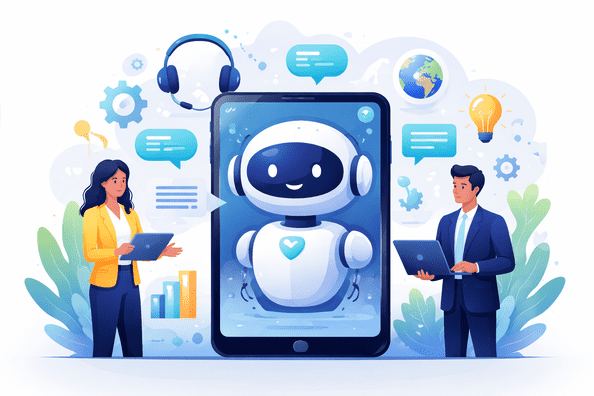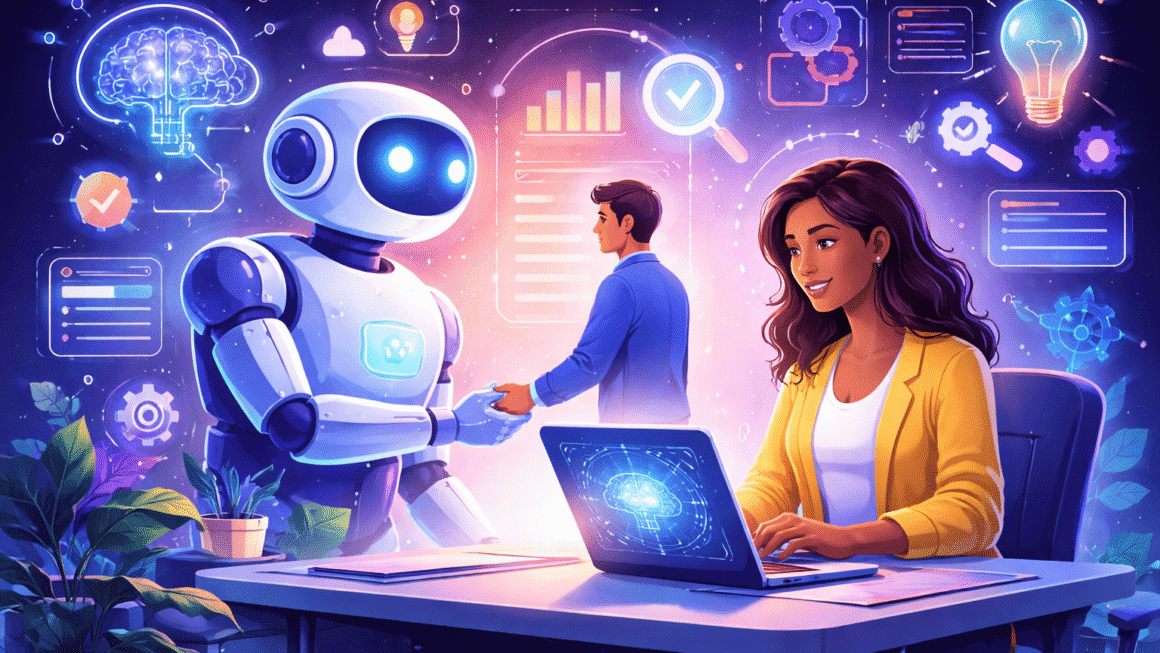In an era defined by rapid technological change, the convergence of artificial intelligence (AI) and global capability centers (GCCs) is transforming India’s technology employment landscape. As enterprises worldwide accelerate their AI adoption, India’s GCCs are emerging as pivotal hubs—bridging cutting-edge innovation with vast talent pools. For professionals and students alike, understanding this shift is key to charting a successful career in the future of AI jobs in India.
The AI Revolution in IT: A New Chapter
Artificial intelligence has moved beyond the realm of pilot projects. Today, organizations leverage AI for everything from predictive maintenance in manufacturing to personalized customer journeys in banking. According to IDC, global AI spending is projected to exceed $500 billion by 2025—creating both opportunity and disruption for IT roles.
GCCs—centers established by multinational corporations to consolidate skills and innovation—are at the forefront of this wave. In India, major players like Microsoft, Google, and Accenture have built GCC campuses in Bengaluru, Hyderabad, and Pune. These centers focus not only on routine IT services but also on next-generation capabilities: AI model training, advanced analytics, and research & development.
Why GCCs? Centralized Innovation Meets Scalability
Focused R&D and Specialized Teams
Unlike traditional outsourcing, GCCs concentrate on high-value work. Teams specialize in computer vision, natural language processing, and autonomous systems—areas where AI drives tangible business outcomes. For instance, a GCC in Mumbai partnered with a European automotive giant to develop AI-driven defect detection systems, reducing production delays by 30%.
Agility and Rapid Prototyping
GCCs foster an agile environment. Rather than lengthy waterfall cycles, cross-functional squads iterate prototypes in weeks. A Hyderabad-based GCC for a Fortune 500 financial services firm recently launched an AI chatbot in just eight weeks—automating 60% of tier-1 customer queries and freeing human agents for complex cases.
Knowledge Transfer and Upskilling
Global firms funnel best practices into their Indian GCCs, elevating local talent. Google’s Hyderabad AI lab, for example, runs an internal “Machine Learning University” where Indian engineers co-author research papers with US counterparts. This continuous knowledge exchange propels skills upward, ensuring India remains a leader in AI engineering.
Impact on IT Career Paths
From Maintenance to Innovation
Routine maintenance roles—once the backbone of India’s IT services—are being automated. AI-driven monitoring platforms now handle system checks and incident resolution, shrinking traditional helpdesk positions. In their place, demand surges for AI specialists: data scientists, ML engineers, and AI ethics consultants.
New Hybrid Roles
The future of AI jobs in India is not binary. Many positions blend domain expertise with technical prowess. Consider “AI-Augmented Business Analyst,” a role combining deep industry knowledge with proficiency in AI frameworks like TensorFlow or PyTorch. GCCs are incubating such hybrid roles to bridge business strategy and technology execution.
Continuous Learning as a Career Imperative
With AI evolving daily, static skillsets won’t suffice. Engineers in GCCs often spend 20% of their time on self-directed learning—attending online courses, hackathons, or internal innovation contests. This culture of continuous learning not only future-proofs careers but also fosters personal growth and job satisfaction.
Challenges and Balanced Perspectives
Risk of Job Polarization
While AI creates high-end roles, middle-tier positions may shrink. There’s a genuine risk that routine coding or maintenance jobs could vanish. Professionals must pivot quickly—upskill in data science or AI model governance—to avoid obsolescence.
Ethical and Cultural Considerations
AI systems can inherit biases if not designed thoughtfully. GCC teams must adopt rigorous fairness audits and inclusive datasets. Moreover, blending global corporate cultures with India’s work ethos requires empathy, clear communication, and respect for local norms.
Infrastructure and Collaboration Hurdles
Cutting-edge AI demands robust compute resources—GPUs, specialized chips—and seamless collaboration across geographies. Some GCCs face hurdles in procuring hardware or synchronizing with overseas teams. Addressing these gaps requires strategic investment and strong governance.
Real-World Success Stories
- Accenture AI Hub, Bengaluru: Developed an AI-powered fraud detection engine for a major bank, cutting false positives by 40% and saving $15 million annually.
- Google DeepMind Collaboration, Mumbai: Indian researchers co-authored a breakthrough paper on reinforcement learning for energy management in data centers.
- IBM Watson Center, Chennai: Built a voice-enabled health diagnostics tool to assist rural clinics—leveraging NLP to transcribe doctor-patient conversations and flag critical symptoms.
These successes illustrate the symbiotic relationship between global expertise and Indian execution excellence—propelling both business innovation and career growth.
Preparing for the Future: Actionable Insights
- Embrace Lifelong Learning: Enroll in specialized AI certifications (e.g., Coursera’s AI for Everyone, Udacity’s AI Nano-degree) and contribute to open-source projects.
- Develop T-shaped Skills: Cultivate deep expertise in one AI domain (computer vision, NLP) and broad understanding of related fields (cloud computing, data engineering).
- Network within GCC Ecosystems: Participate in internal innovation networks, attend virtual GMT-timed meetups, and publish findings on platforms like Medium or ArXiv.
- Focus on Ethical AI: Master tools and frameworks for bias mitigation and model explainability—becoming an advocate for responsible AI within your team.
- Stay Agile and Curious: Experiment with emerging trends—edge AI, quantum-enhanced ML, or AI ops—and be ready to pivot as the landscape shifts.
Conclusion
The convergence of AI and GCCs is reshaping India’s tech workforce—elevating innovation, spawning hybrid careers, and demanding a relentless commitment to learning. For IT professionals, the message is clear: adapt swiftly, deepen your AI expertise, and collaborate across borders. In doing so, you won’t just survive the AI revolution—you’ll thrive at its leading edge.



